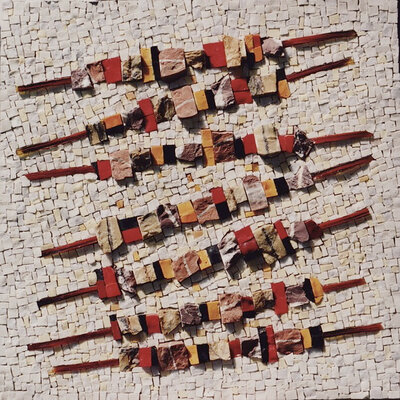Photography: Stories and projects
Photography and digital image manipulationBooking closed
- Tutor
- Marcus Bastel
- Date
- 4 April 2024 to 23 May 2024
- Location
- London
- Price
- £975.00
- Ability
- Beginners/Intermediate
- Reference
- K8P32156

Booking closed

Booking closed

Booking closed

Booking closed

Booking closed

Booking closed

Booking closed

Booking closed

Booking closed

Booking closed

Booking closed

Booking closed

Booking closed

Places available - Contact us

Places available - Contact us

2 places available - Contact us

Booking closed - Join waiting list

Booking closed - Join waiting list

Booking closed - Join waiting list

Booking closed - Join waiting list

1 place available - Contact us

Booking closed - Join waiting list

Booking closed - Join waiting list

Booking closed - Join waiting list